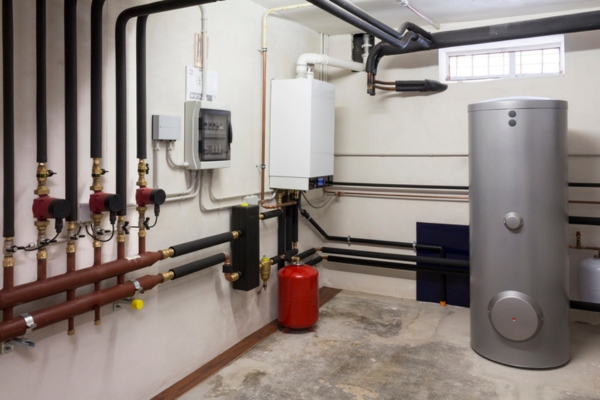
When you’re in the market for a new boiler, picking the perfect size is pivotal. After all, the right boiler size is critical to your home’s coziness, efficiency, and monthly heating expenses.
A boiler that’s too small will not keep up with the chilly winter demands, resulting in an uncomfortable home. Conversely, a boiler that’s too large will cycle on and off more than needed, increasing energy use and bills. This article by PFO Heating & Air Conditioning explains the significance of boiler sizing, considerations to remember, and how choosing wisely improves your heating system’s efficiency and comfort.
Choosing the Right Boiler Size for Your Home
Contents
- 1 Choosing the Right Boiler Size for Your Home
- 2 Critical Reasons to Carefully Choose Your Boiler’s Capacity
- 3 Determinants of Ideal Boiler Size
- 4 Home Boiler Types
- 5 Impact of an Oversized Boiler
- 6 Effects of an Undersized Boiler
- 7 Boiler Replacement FAQs
- 8 Conclusion
- 9 Reach Out to PFO Heating & Air Conditioning for Premier HVAC Services
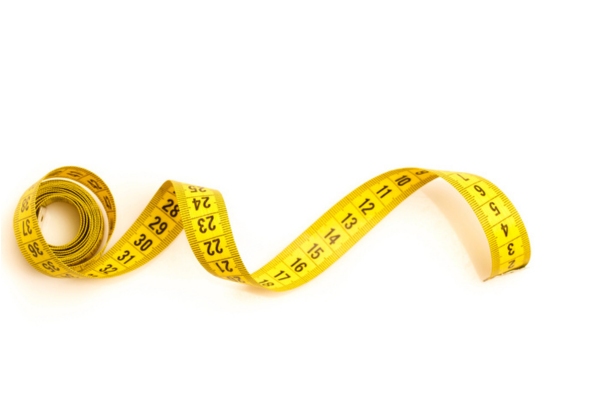
Selecting a boiler is not just about picking a model; it’s a crucial investment that demands careful deliberation. You must carefully evaluate your heating requirements and choose a unit that aligns precisely with your needs. With consistent upkeep, boilers can function efficiently for many years, making it essential to choose one that ensures compatibility, reliable performance, and superior energy efficiency.
An improperly sized boiler can result in expensive problems, ongoing annoyances, and accumulating inefficiencies. To secure the best results and steer clear of usual setbacks, it’s wise to seek the advice of a reputable local HVAC contractor for professional guidance.
Expert Boiler Services: Trust PFO Heating & Air Conditioning for professional replacements and repairs to keep your home cozy. Contact us today!
Critical Reasons to Carefully Choose Your Boiler’s Capacity
The right boiler size isn’t about its physical size but its energy output in kilowatts, which is crucial for determining its heating capacity. Focus on selecting a heat output that matches your home’s demands rather than the unit’s dimensions.
Choosing an appropriate heat output—neither oversized nor undersized—optimizes energy consumption and prevents excessive heating costs. Properly sized boilers reduce energy wastage and ensure even, comfortable warmth throughout your home.
Determinants of Ideal Boiler Size
Homes with substantial heating need a larger boiler to sustain a cozy indoor atmosphere. It’s crucial to select a size that offers steady warmth without overloading the system.
HVAC experts can conduct detailed calculations to pinpoint the perfect boiler output for your specific requirements or offer general estimates from their extensive experience. Providing them with information about the number of radiators, the size and layout of your property, hot water needs, and fuel type helps them recommend the most suitable boiler for your home.
Let’s examine the key factors that influence boiler selection:
1. Number of Radiators
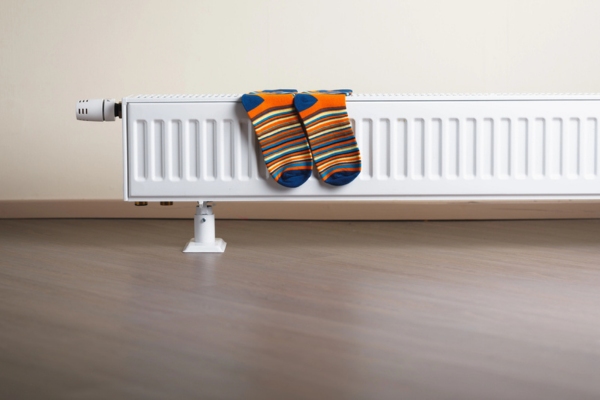
Consider how many radiators you have. In typical four-bedroom family homes with about ten radiators, a 24-kilowatt boiler usually suffices. Smaller homes with one or two bedrooms often need less power.
Conversely, larger or multi-family homes might demand a more powerful system. For instance, a house with twenty radiators could require a boiler with up to 42 kilowatts to maintain even heating throughout.
Dependable Heating Expertise: Count on PFO Heating & Air Conditioning for effective and reliable home heating. Contact us now!
2. Property Size
What’s the square footage of your home? Larger properties contain more air, requiring additional heating power to keep indoor temperatures comfortable. To adequately warm such spaces, you’ll need a boiler with a higher output. Opting for a boiler that’s too small can lead to a chilly home during the coldest months, as it may not be able to meet your heating demands.
3. Heat Loss
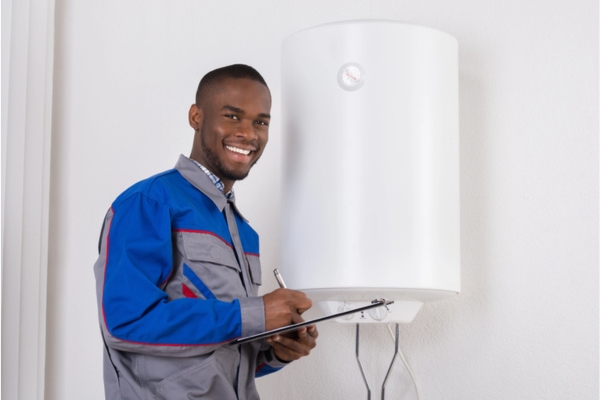
HVAC professionals use a refined method to calculate the perfect boiler size by evaluating a home’s heat loss instead of just its size. This calculation considers factors like the number of windows, radiators, the floor area, and insulation quality—each a significant contributor to heat retention.
By analyzing these elements, HVAC experts can suggest the ideal boiler output to ensure your home remains cozy, even during the chilliest winter weather. This precise approach guarantees a boiler that fits your needs perfectly, optimizing efficiency and home comfort.
Flawless HVAC Installations: Rely on PFO Heating & Air Conditioning for expert setup that boosts comfort. Get in touch today!
4. Type of Fuel
What fuel powers your heating system? Many homes use natural gas, while others depend on heating oil or liquefied petroleum gas (LPG) from tanks on their property.
The type of fuel you select affects the efficiency and environmental impact of your heating setup. Contemporary boilers offer options that support renewable energy sources, appealing to environmentally conscious homeowners.
If minimizing your environmental footprint matters to you, opt for a system with a high Annual Fuel Utilization Efficiency (AFUE) rating to enhance energy savings and maintain a cozy home atmosphere.
5. Bathrooms and Showers
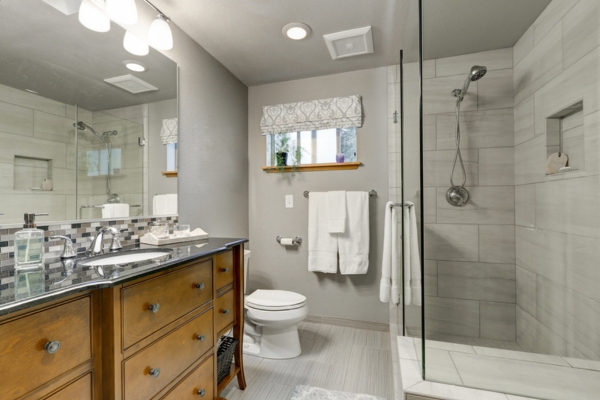
A robust boiler efficiently heats your home and ensures steady water pressure, providing reliable hot water for multiple bathrooms without squandering energy. When determining the correct boiler size, consider the number of bathrooms since each contributes to your home’s hot water needs.
Additionally, reflect on the size of your household and water usage patterns—how many individuals reside in your home, and how frequently do they take baths or showers? These considerations are crucial for choosing a boiler that can consistently meet your hot water requirements, ensuring comfort for everyone.
Complete Boiler Care: Trust PFO Heating & Air Conditioning for heating solutions that boost efficiency and dependability. Call us today!
Home Boiler Types
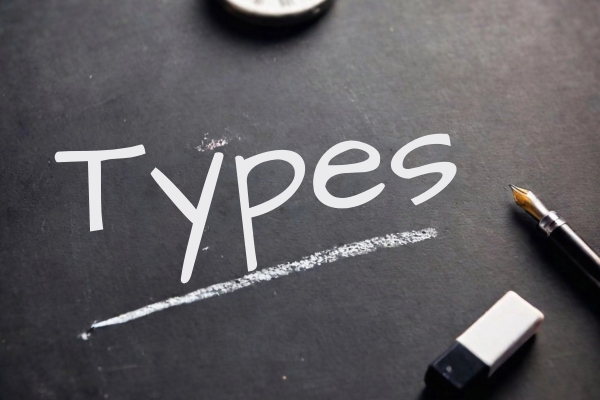
Selecting the correct boiler size is crucial, but choosing the right type is just as important. There are three primary types of boilers, each offering distinct benefits and potential drawbacks. When deciding, consider the type of boiler you currently have and the available space for a new unit. The following sections outline each option, guiding you toward the best choice to meet your home’s heating needs effectively.
1. Combi Boilers
Combination boilers, commonly known as combi boilers, heat water instantly, removing the need to wait for hot water. Unlike conventional systems, they do not require a storage tank, making them an ideal option for smaller homes with limited space.
As their name suggests, combi boilers integrate a water heater and central heating system into one compact unit. However, they have a notable drawback: they cannot heat both the living space and water simultaneously. For homes with multiple hot water outlets or higher demands, a different type of boiler might be a better fit.
2. Conventional Boilers
Conventional boilers, also called regular or traditional boilers, use two storage tanks: one for cold water and another for hot water. They heat water by burning fuel and then pump it to a storage tank, ensuring hot water is available immediately when you turn on a tap or shower.
These systems are often found in older homes, making them a practical option for properties already equipped with this setup. If your home currently has a conventional boiler, replacing it with the same type often provides a smoother and more economical upgrade.
Professional Heating Services: Ensure smooth operation with PFO Heating & Air Conditioning’s trusted expertise. Contact us today!
3. System Boilers
System boilers are ideal for homes with substantial hot water needs. They take water directly from the mains and heat it in a storage cylinder, ensuring a steady hot water supply without needing a separate cold-water tank.
Unlike combi boilers, system boilers are capable of supplying hot water to several taps or showers at the same time, making them ideal for larger families or homes with multiple bathrooms.
Impact of an Oversized Boiler
An oversized boiler can cause short cycling, frequently switching on and off as it heats the space too quickly. This repeated cycling wastes energy and adds stress to the boiler’s components, sometimes causing radiators to overheat. Over time, short cycling accelerates wear and shortens the boiler’s lifespan, typically resulting in costly repairs or premature replacement.
Effects of an Undersized Boiler
On the other hand, an undersized boiler may have difficulty heating your home adequately, particularly in colder weather. You could wait longer for warmth as it takes time to reach the set temperature.
While it might handle moderate days, an undersized boiler often struggles during freezing conditions. High hot water demand, such as multiple taps running, can deplete supply quickly, leading to inconsistent hot water and reduced comfort.
Optimize Your Comfort: Upgrade your HVAC system with PFO Heating & Air Conditioning for maximum efficiency. Contact us today!
Boiler Replacement FAQs

How Can I Tell If My Boiler Is the Wrong Size?
Signs of an improperly sized boiler include frequent short cycling (turning on and off quickly), unevenly heated rooms, and poor performance in extreme cold. An oversized boiler often heats too fast, leading to extra wear, while an undersized one may struggle to maintain warmth. Consulting an HVAC expert can help determine if these problems are due to incorrect sizing or other efficiency-related issues.
When Is It Time to Replace My Boiler?
With proper maintenance, boilers typically last between 10 and 15 years, though high-quality units with exceptional upkeep can last even longer. If you’re experiencing higher energy bills, decreased heating efficiency, or frequent repair needs, it may indicate your boiler is reaching the end of its lifespan. Upgrading to a newer, energy-efficient model can improve performance and reduce heating expenses in the long run.
How Can I Prolong My Boiler’s Lifespan?
Regular annual maintenance is essential to extending your boiler’s life. This includes cleaning vital parts, adjusting pressure, and checking for leaks. Additionally, changing filters as needed, keeping an eye on water levels, and addressing unusual noises or performance concerns promptly will help maintain your boiler’s condition. Consistent upkeep boosts lifespan and supports optimal energy efficiency throughout the year.
Your Trusted Heating Experts: Count on PFO Heating & Air Conditioning for customized solutions to meet your heating needs. Contact us today!
Are There Financial Benefits to Upgrading to an Energy-Efficient Boiler?
Yes, numerous local and federal programs provide financial benefits, including rebates, tax credits, and grants, for switching to high-efficiency boilers. These incentives help lower initial costs and can sometimes cover much of the price gap between standard and energy-efficient models. Check with your HVAC contractor or utility provider to learn about specific programs available in your area.
How Do Boilers and Furnaces Differ?
While both boilers and furnaces provide home heating, they function in distinct ways. Boilers heat water, which flows through radiators or underfloor pipes to deliver steady, radiant warmth. In contrast, furnaces heat air circulated through ducts for quick, forced-air heating. Each has its benefits: boilers provide quieter, more consistent warmth, while furnaces are often more budget-friendly for homes with existing ductwork.
Conclusion
Choosing the correct boiler is a decision that requires thoughtful consideration. Homeowners who take the time to understand the selection process are more likely to be satisfied with their investment. To avoid costly errors and find the best fit, consult an experienced HVAC contractor and perform a detailed heat loss assessment of your home. These steps will help you select a boiler that meets your heating needs efficiently and reliably.
Complete HVAC Solutions: Trust PFO Heating & Air Conditioning for all your heating and cooling needs. Contact us today!
Reach Out to PFO Heating & Air Conditioning for Premier HVAC Services
PFO Heating & Air Conditioning provides top-tier HVAC services throughout the Greater Princeton, NJ area. Our professionally certified technicians are skilled in performing high-quality HVAC tune-ups, repairs, installations, and replacements. With their expertise, they ensure your HVAC system receives the care it deserves.
Our company offers affordable prices on all our services, helping you enhance comfort and energy efficiency while reducing heating and cooling costs. If you need a repair or new system, we can recommend the best solution suitable to your home and budget. A satisfaction guarantee backs all our work.
Call PFO Heating & Air Conditioning today to schedule service or to request a free in-home consultation. Call now!
Click here to contact us now or call us at (800) 253-9001 to find out more! Click the link to view our service area.
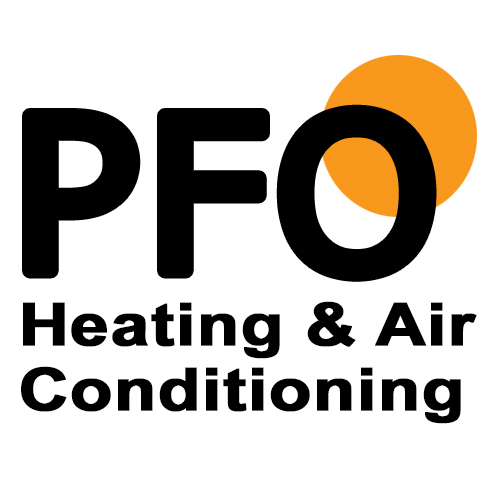
Related Articles:
- Condensing Vs. Non-Condensing Boilers: Key Differences Explained
- What Is The Difference Between A Boiler And A Furnace?
- Top 10 Boiler Problems Homeowners Experience
- What To Look For In A Boiler Repair Company
- What Is The Best Temperature To Set Your Heating Oil Boiler At?
- What To Look For In A New Oil Boiler For Your Home



